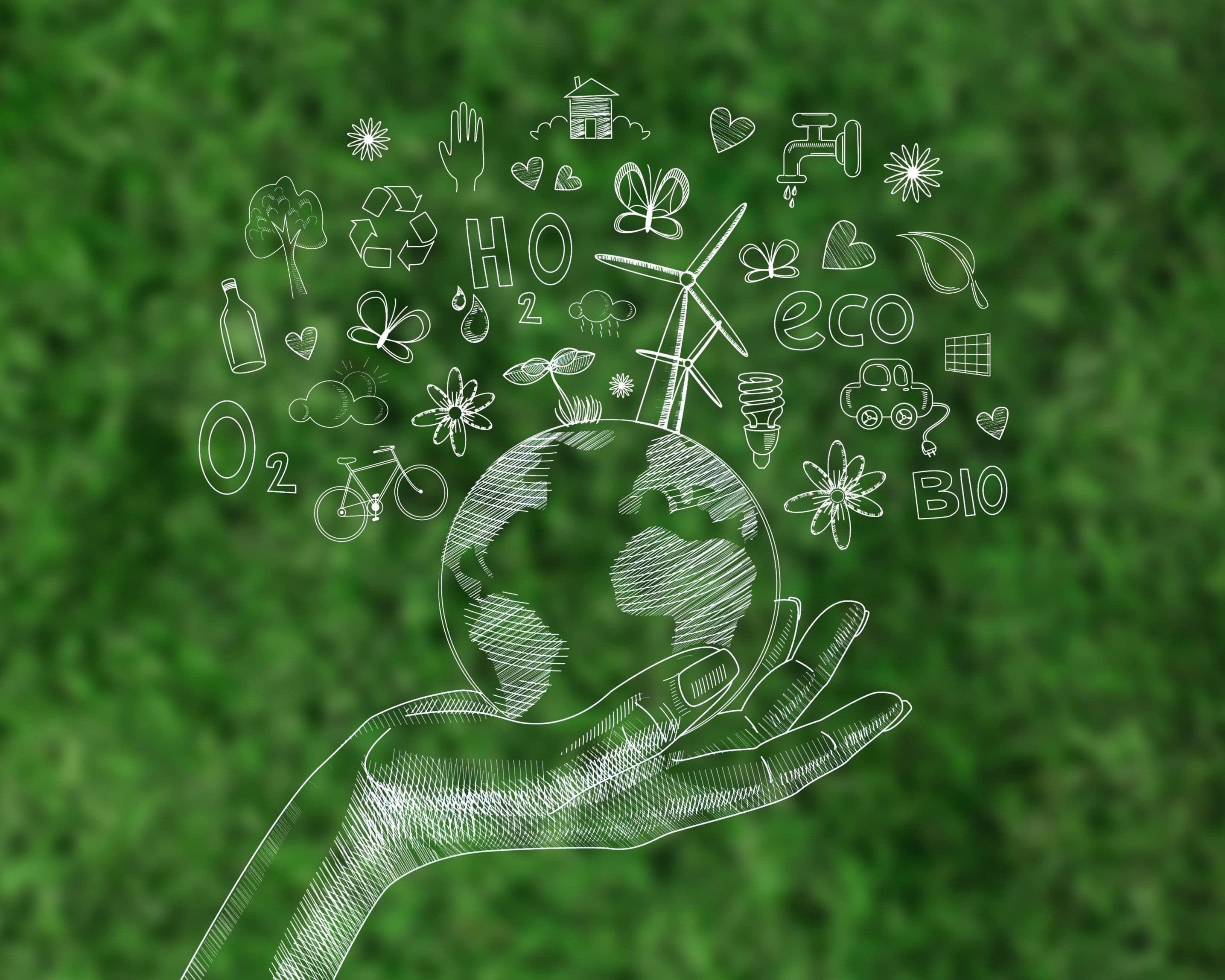
23/07/2024
Circular Economy: a cultural and economic response for a more sustainable world
Flávio de Miranda Ribeiro*
When we think about actions like combating waste, extending the lifespan of products, and recycling materials, the Circular Economy emerges as an essential cultural and economic response for a more sustainable world. This approach is already adopted in Europe, for example, where actions have been undertaken for several years to make the continent's economy sustainable, circular, and carbon-neutral by 2050.
Another example is Japan, a global leader in electronic waste recycling, which collaborates with Brazilian organizations to exchange experiences in Circular Economy. Currently, Brazil is moving in the same direction, with initiatives and legislation aiming to implement the model in the country.
The most recent example of this is the National Circular Economy Strategy (ENEC), established by the Brazilian government in June of this year. ENEC is part of the New Industry Brazil (NIB), an industrial policy launched at the beginning of this year, and seeks to revolutionize the Brazilian economic model by promoting efficient use of resources and waste reduction. It is based on principles such as minimizing material and energy consumption, extending product life, reusing and recycling materials, and promoting innovative business models.
This is one of the recent initiatives by the Federal Government to incorporate Circular Economy into government programs and actions, among which we can also highlight the Ecological Transformation Plan and recent regulations on reverse logistics in the National Solid Waste Policy.
The goals of ENEC are numerous and comprehensive and will serve as a guide for proposing concrete sustainability projects and actions. Among these objectives are creating common circularity indicators, promoting sustainable production and consumption standards, developing markets for reusable, recyclable, and refurbished products, the "right to repair," sustainable public procurement, and fostering innovation and environmental education. It is also important to highlight the planned creation of the National Circular Economy Forum, a committee formed by authorities and civil society to develop action plans and promote awareness about Circular Economy and just transition.
The initiative completely aligns with one of the principles of sustainability, which is the expanded participation of society for exchanging experiences and forming collective awareness. The point of attention in the project is the lack of discretionary definitions for creating a tax regime for circular economy activities. Given its importance, this topic will need to be discussed and included in subsequent debates.
However, the strategy brings a series of definitions that should, from now on, guide actions by the government, businesses, and the third sector, favoring the transition to the circular economy. For example, for the first time, we have an official definition of what Circular Economy is in the Brazilian Legal Framework, aligned with the ISO circular economy standards, which have just been published and will soon be translated into Portuguese.
Additionally, the strategy includes the Circular Economy principles that we have always promoted in the Circular Movement: eliminating waste, circulating products and materials, and regenerating nature. This will allow both individuals and organizations to act in a coordinated manner, following the same premises. The strategy's guidelines are also fundamental, and one of them is the just transition, which highlights the inclusion of waste pickers, small businesses, and traditional peoples, a topic we consider essential for Brazil.
Optimism for the future
The creation of a public policy on Circular Economy is a cause for optimism. It is crucial for regulating and encouraging a more inclusive and environmentally responsible way of production and consumption. This is because the benefits go beyond the economic area. As an environmentally responsible alternative for production, the circular economy can also help mitigate various environmental challenges, including the climate crisis.
Citing this aspect of climate change, currently, most countries prioritize in their national climate commitments (referred to as NDCs) the replacement of energy sources with renewable matrices and the increase of energy efficiency. However, according to the Ellen MacArthur Foundation, these initiatives address only 55% of global emissions. The remaining 45% of greenhouse gas emissions stem from how products and food are produced and consumed, and it is in this segment that the circular economy is highly efficient. Thus, what the Foundation, and many other entities, advocate is that the circular economy should be the foundation of a new generation of these national commitments, in a "second generation" of NDCs.
The Foundation assesses that the mitigation potential of the circular economy is greatest in five production chains: food, cement, aluminum, steel, and plastics. For example, the entity estimates that in construction, circular production could reduce about 61% of greenhouse gas emissions, especially in material life cycles.
Brazil, which previously had no Circular Economy measures as a national strategy to combat global warming, had an additional environmental motivation to adhere to circularity.
In addition to ENEC, another significant step was taken in April in Brazil with the approval of the National Circular Economy Policy (PL 1.874/2022) in the Senate. The text, which has been forwarded to the Chamber of Deputies for consideration, contains important principles such as adopting sustainable public procurement, funding research and innovation in circular processes, consumers' right to repair their products, and raising societal awareness of the potential to increase product lifespan.
The main objectives are to create a conducive regulatory environment, encourage the development of clean technologies, promote education and awareness about sustainable practices, and facilitate public-private partnerships to drive the circular economy. Implementation requires coordination among various sectors and levels of government, with active participation from civil society and the private sector. The planned actions include revising norms and regulations, supporting technological research and innovation, and promoting sustainable business practices.
Given the economic and environmental potential to be explored, advancing the legal framework for circular economy with the approval of PL 1.874/22 is a priority, providing coverage of the topic beyond ENEC. In this regard, dialogue and dissemination of practices must continue to increasingly involve civil society, the productive sector, and authorities, and for this, the Circular Movement has been working and making itself available for effective debate and action.
*Flávio de Miranda Ribeiro is an ambassador of the Circular Movement, Consultant, and Professor of Circular Economy, Reverse Logistics, and Corporate Environmental Regulation. Mechanical Engineer, specializing in Environmental Management and Technologies and Pluridisciplinary Analysis of the State of the World. Master’s in Energy and PhD in Environmental Sciences. Advisor for Circular Economy at the UN Global Compact. Professor in the International Environmental Law Postgraduate Program at Universidade Católica de Santos and at FIA Business School.

